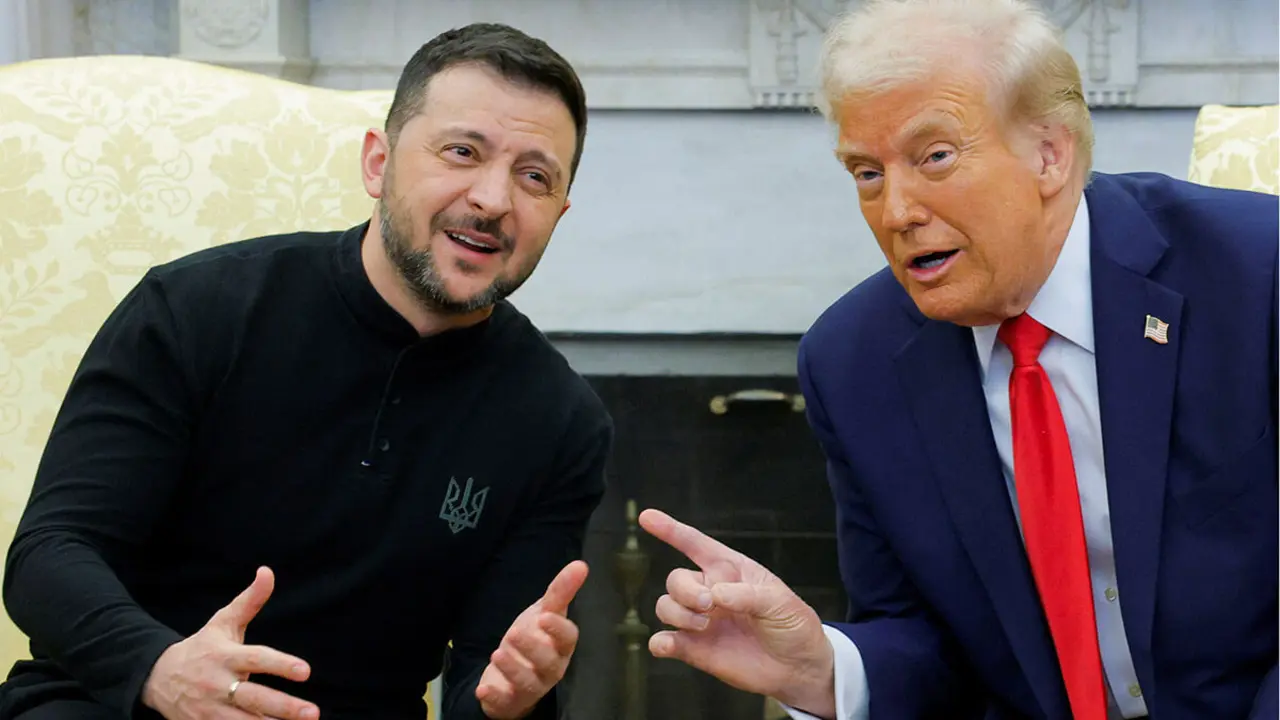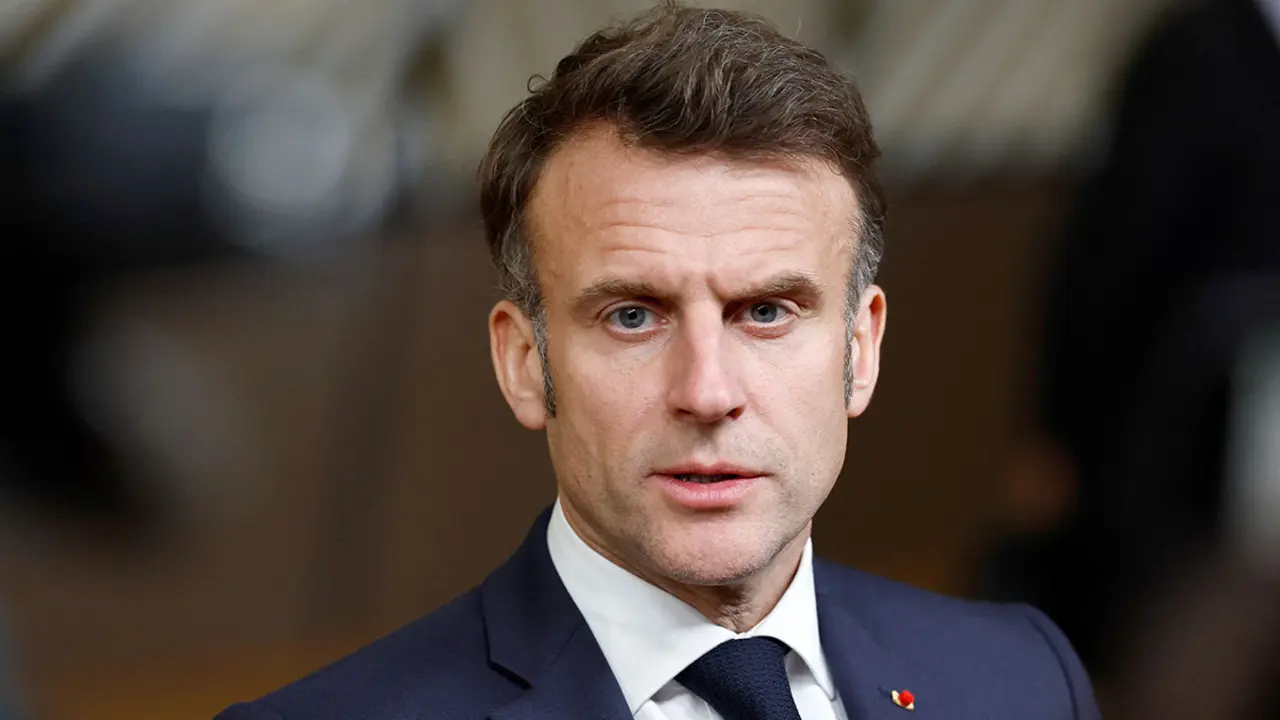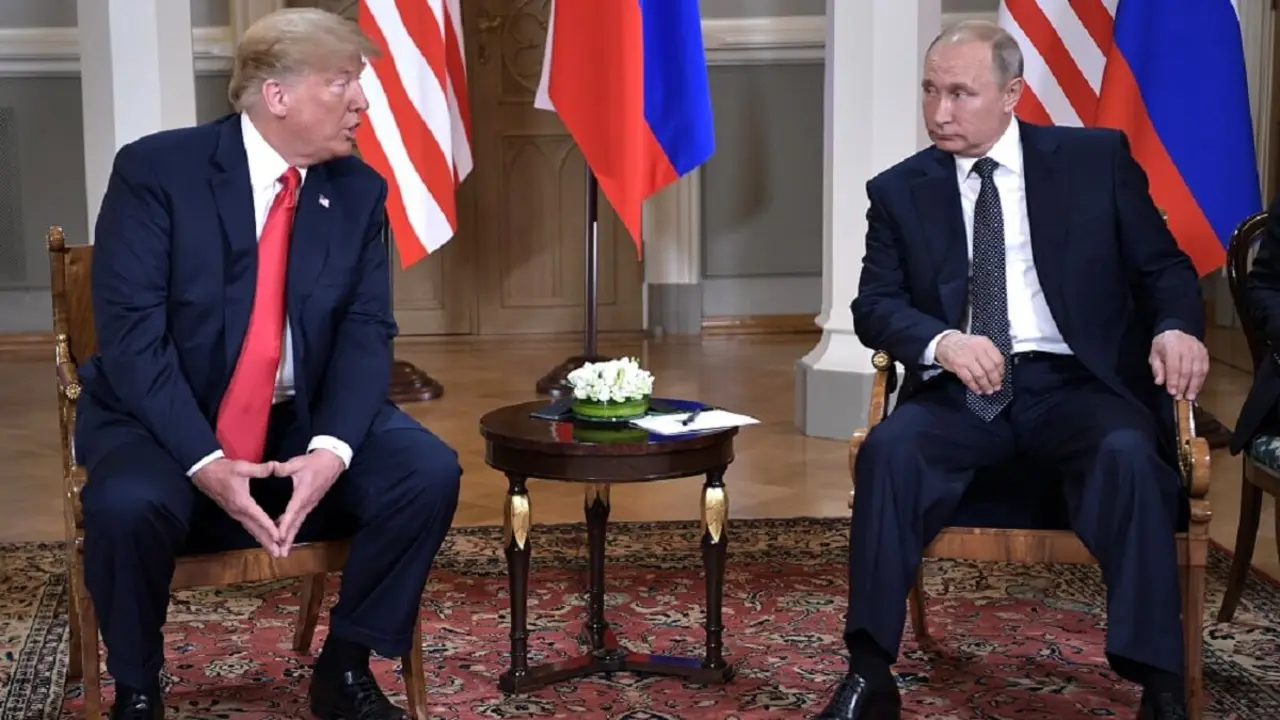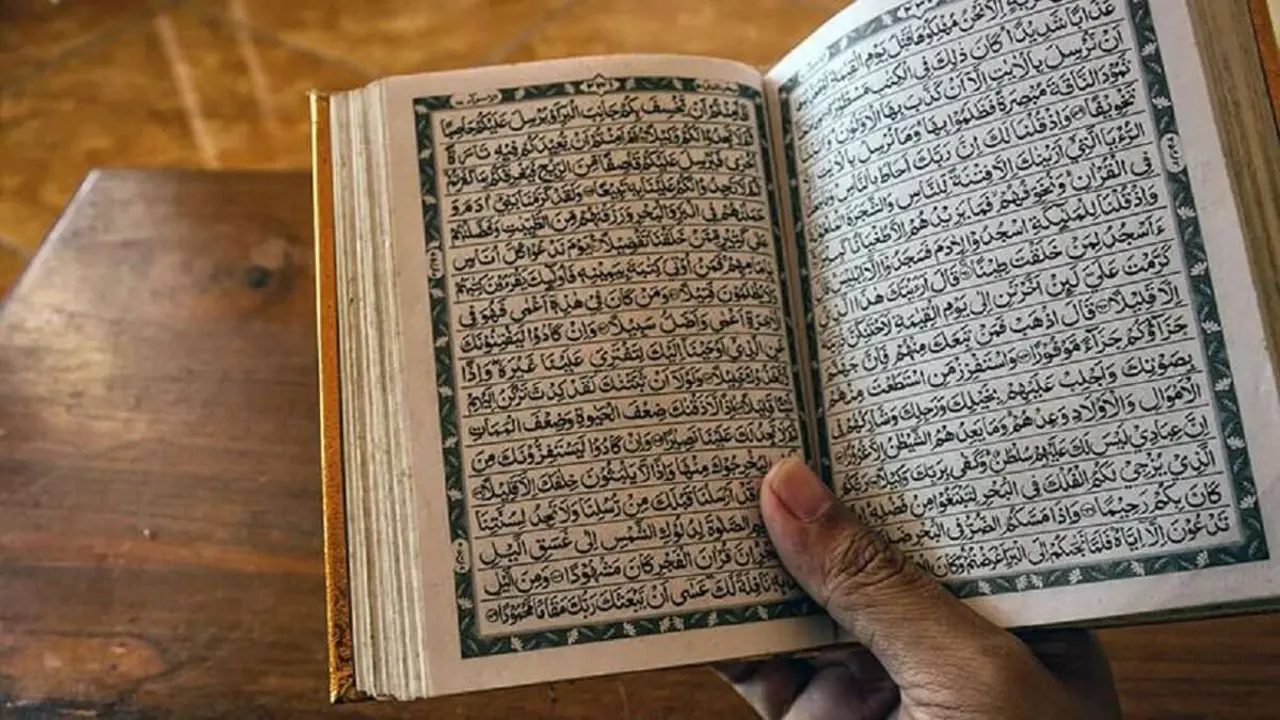Ukraine, in the US electoral race

José María Peredo, Professor of Communication and International Relations at the Universidad Europea, analysed in an interview with Javier Fernández Arribas on the programme "De Cara al Mundo" on Onda Madrid the Republican candidacy after Mike Pence's visit to Kiev and Putin's course after Wagner's rebellion.
José María, we wanted to start with the news of the surprise visit to Kiev by the former Vice-President of the United States under Trump, Mike Pence. I guess that's related to the election race and the Republican candidacy, but it's good that Mike Pence is visiting Kiev and, above all, that he is staging support for Zelenski.
He is an important figure, Mike Pence. It is worth remembering his decisive role in the events that took place before Joe Biden took office as the new president and in clearly stopping the assault on Parliament by Donald Trump's most exalted supporters. Pence represents an important asset to the conservatism of the traditional Republican party and can therefore be seen as a step in his positioning in the run-up to the 2024 presidential election. In any case, it is also a reinforcement of Zelenski and US foreign policy as a whole by that broad sector of the conservative Republican party.

José María, if you hurry me, after the Trump audios that we have heard in the last few days with this attack on Iran, we see that he is getting into more trouble and perhaps Mr Pence, with the clear permission of Governor De Santis, is positioning himself with a better chance of being the Republican candidate.
Of course, this could strengthen the more conservative option within the Republican Party that De Santis could represent, but which Mike Pence's experience could also represent. The 2024 elections are still a long way off, but they are undoubtedly already on the table for analysis in the coming months.
As an expert on US-Russia relations and what is happening in Ukraine, were you surprised by the attempted rebellion of Wagner? Do you think that Putin, after what is happening, can stay in power?
I was surprised. It is a new page in the conflict, a very uncertain, lurid and worrying page, first of all because it is a mercenary group that occurs in different conflicts and wars. The emergence of such groups, undoubtedly in all cases, generates greater uncertainty as to their autonomy, their distance from governments and their inability to be representatives of an international actor, of a state, in this case Russia.
As for the rebellion - I would almost say attempted rebellion, because it is still a confusing circumstance and fact in terms of interpretation - what has happened is clear. There has been this tension and this almost momentary rebellion on the part of the Wagners. The reasons possibly have to do with tactical issues: weapons and ammunition that did not arrive. The tension that has arisen in the Wagner group in recent weeks probably also has to do with the issue of payment for these services, but also with a division within, not just the General Staff and the Russian government, but within the parts that Putin has used, and probably with different criteria for developing the war strategy which, so far, is proving that it is not progressing and is turning into a failure.
This is where the value of institutions is demonstrated. An army is there for a purpose, it has protocols, discipline, rules and laws. If you use a mercenary group, perhaps, José María, what you are creating is a monster that could eat you in the end.
There is no doubt about it. Moreover, if this type of organisation is used for intelligence and specific issues, it probably has other characteristics within those limits, but when it is an important, if not essential part of the strategy of an open war, we are undoubtedly in a situation in which it would be very important to redirect the institutional structures in Russia and, in general terms, in all countries, starting from this conflict.
José María, could a weak Putin be more obliged to negotiate the end or could he be more dangerous, as Josep Borrell has said?
I think it has more to do with the first of the two interpretations. I think that there is one level, which is indeed the military level, which is even more open with all its disinformation strategy, and more identifiable because there are some open fronts and some media outlets that broadcast what is happening. But I think there is another plane with some signs of progress in the negotiations. What Putin undoubtedly wants to get out of this crisis is the image and the message to the international community that it is he or no one else who is capable of considering and proposing himself as the final negotiator. This does not mean that what has happened could lead to the president's weakness, that is, even if he emerges strong enough to end the war, it is possible that this would not help him to maintain power, if necessary. But of course these are interpretations, not speculations, but interpretations that are not confirmed.
In any case, José María, our concern, like everyone else's, is nuclear weapons. I remember when Boris Yeltsin was in power and the Russians themselves looked for someone reliable, solvent and disciplined, even if he later developed as the former KGB member has developed. They did this in order to control nuclear weapons so that a dismantling of the former Soviet Union or now a possible serious crisis in the Russian Federation does not mean that nuclear weapons can fall into the hands of criminal or terrorist groups.
That has to be taken into account. To give a more hopeful view, one should also think that the Soviet regime was able to generate Mikhail Gorbachev. And there appeared a leader who was aware of the unviability of the Soviet system at that time. If there were certain leaders in Russia who were aware of the unviability of the kind of policies that Vladimir Putin's government has put on the table in recent years, we would be entering a new phase. But the risks are clearly there.
It is very important to stress that a country with the international importance that Russia has in terms of its armaments, its territory, its involvement and its resources, undoubtedly needs reliable governments, governments that are respected and respectable. But the first thing to be such a government is to act in such a way, which is what I would say that in recent years Putin has forgotten.








